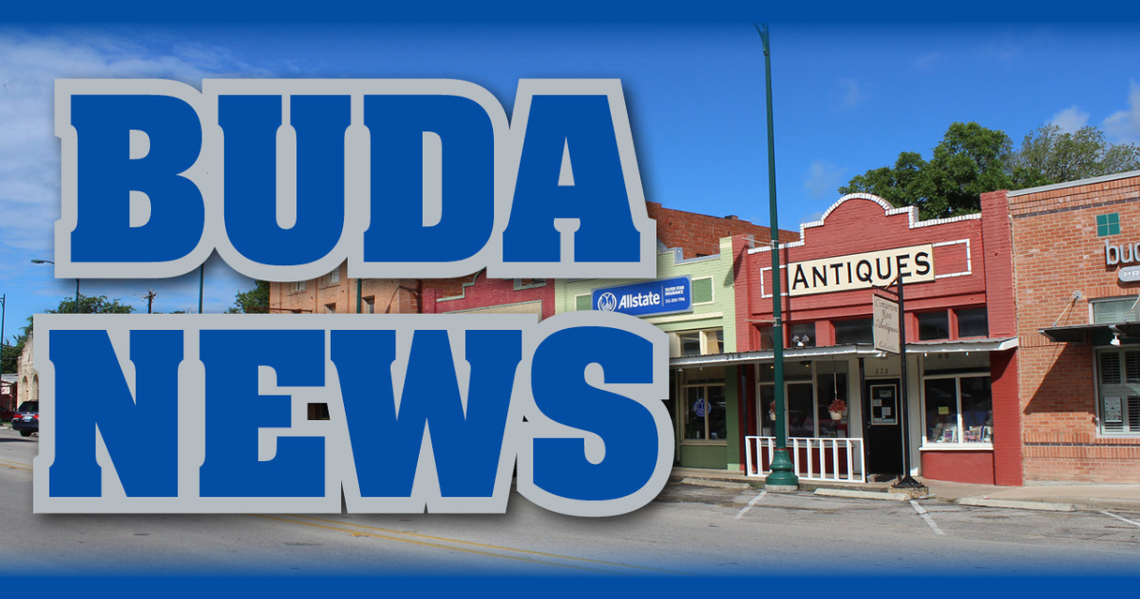BUDA — The Buda Commission on Aging (COA), established as a task force in 2017 and designated as a commission in 2023, is moving forward with its Age-Friendly Action Plan.
Jeff Kaufmann, chairman of the COA, explained that the need for an action plan is growing, as approximately 20% of all adults in Buda are aged 60 and older, which is 13% of the overall population.
“A lot of people are moving to the area, especially into the [extraterritorial jurisdiction], who want to be with their kids and grandkids,” said Kaufmann. “A lot of retirees, more so than people necessarily see because they don’t necessarily come into town.”
According to the COA, the Age-Friendly Action Plan implements the American Association for Retired Persons’ (AARP) age-friendly principles into Buda’s strategic planning community development efforts. AARP’s Age-Friendly Program Process is a structured framework that helps communities become more inclusive, accessible and responsive to the needs of people of all ages, particularly older adults.
In 2022, the COA conducted a listening session at the Onion Creek Senior Center. As stated in the action plan, the listening session focused on AARP’s 8 Domains of Livability, including: outdoor spaces, transportation, housing, social participation, respect and social inclusion, work and civic engagement, communication and information and community and health services.
The COA then took the community feedback from the listening session and conducted a formal community assessment to identify needs and challenges faced by older adults in 2024. The report confirmed that Buda’s aging population is growing and highlighted concerns around limited transportation options, a lack of affordable housing and the need for greater social connection.
Within the framework of the AARP’s age-friendly program, the next step for Buda’s COA was to develop its action plan based on the information and feedback it received from the Community Assessment.
The action plan is a multi-year guide for actions to improve and expand community practices, services and infrastructure for older adults and people with disabilities, said Kaufmann. The plan is intended to be dynamic and fluid, he continued, as it will adjust to resources as they are available and is projected to take around three years to be fully implemented. Each Domain of Livability is thoroughly outlined within the action plan and tailored towards Buda’s needs.
For example, outlined in the action plan is the expansion of the Seniors Taking A Ride (STAR) bus program.
According to Kaufmann, the STAR bus program was one of the first initiatives that the COA and city council helped get started in Buda.
“It’s a door-to-door bus service, a van, for people 65 and over and people with disabilities,” Kaufmann explained. “You have to schedule it online or by phone and they’ll come to your door and they’ll take you to doctor appointments, they’ll take you to the hospital, they’ll take you to stores and bring you to town just to have lunch.”
The COA intends to further expand the STAR bus program by making it more accessible and creating a more streamlined process to register for rides.
Although improvements are set to be made within each of the 8 Domains of Livability, the current focus, besides transportation, said Kaufmann, is communication and information and housing to be implemented in phases.
The communication and information pairs with the STAR program, as the chairman explained that the COA hopes to expand visibility for the program by revamping its website and creating an app by partnering with the city and educational institutions. These tools, along with other future projects, will be used to increase “awareness about older adult issues and perspectives.”
Regarding housing, the action plan states that a sub-committee on transportation, public spaces and housing is recommending sponsoring an Age-Friendly Housing Design Competition, which would “encourage creativity and innovation for a great inventory of housing possibilities for Buda’s aging population, as well as persons with disabilities” to demonstrate options for accessible dwelling units.
Goals for the competition include: raising awareness about the need for housing options; demonstrating ways to provide housing options; identifying needed zoning code changes; educating local leaders, the housing industry and the public about Universal Design and age-friendly design; and developing pre-approved design and construction plans.
The full action plan, which was formally approved by Buda City Council at its July 15 meeting, can be found at bit.ly/3UA5iDX.
“When you make things accessible for older people, it’s also accessible to anybody else,” said Kaufmann. “What we’re doing is not just doing things for older people, but also for everybody.”
For more information on the COA, visit www.budatx.gov/692/Commission-on-Aging.











